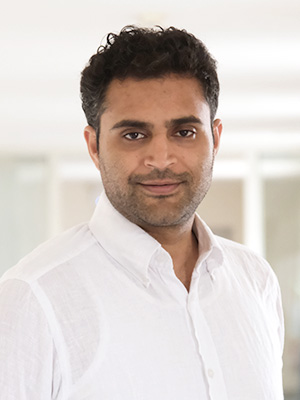Dr. Tripurdaman Singh

What does freedom mean to you?
To me freedom means the ability, as far as possible, to determine the trajectory of one’s life. I believe it is one of the essences of human life. This is true of individuals, but also applicable to collective entities – families, social groups, nations.
How does freedom feature in your work?
My work deals broadly with the process of decolonisation and the birth of democracy in India. By the very nature, the question of freedom is intrinsic to the thematic foundations of my research. The legal and political history of freedom of speech and its constitutional evolution, and the historical roots of India’s current crises of civil liberties have been two key motifs of my work – and my new project seeks to place these questions in the historical context of India’s Princely States.
What project(s) are you working on during your fellowship at the Forum Basiliense?
I am currently working on a large project that seeks to understand how decolonisation unfolded in the context of India’s Princely States, the area of India that was ruled by native Princes as opposed to the area ruled directly by the British. By doing so, it aims to examine political development and the growth of nationalism beyond responses to colonial rule. During my time at Basel, I will be working on some of the archival data I have gathered, and attempting to write a paper exploring the nature of political mobilisation and the conception of freedom and decolonisation in these States.
